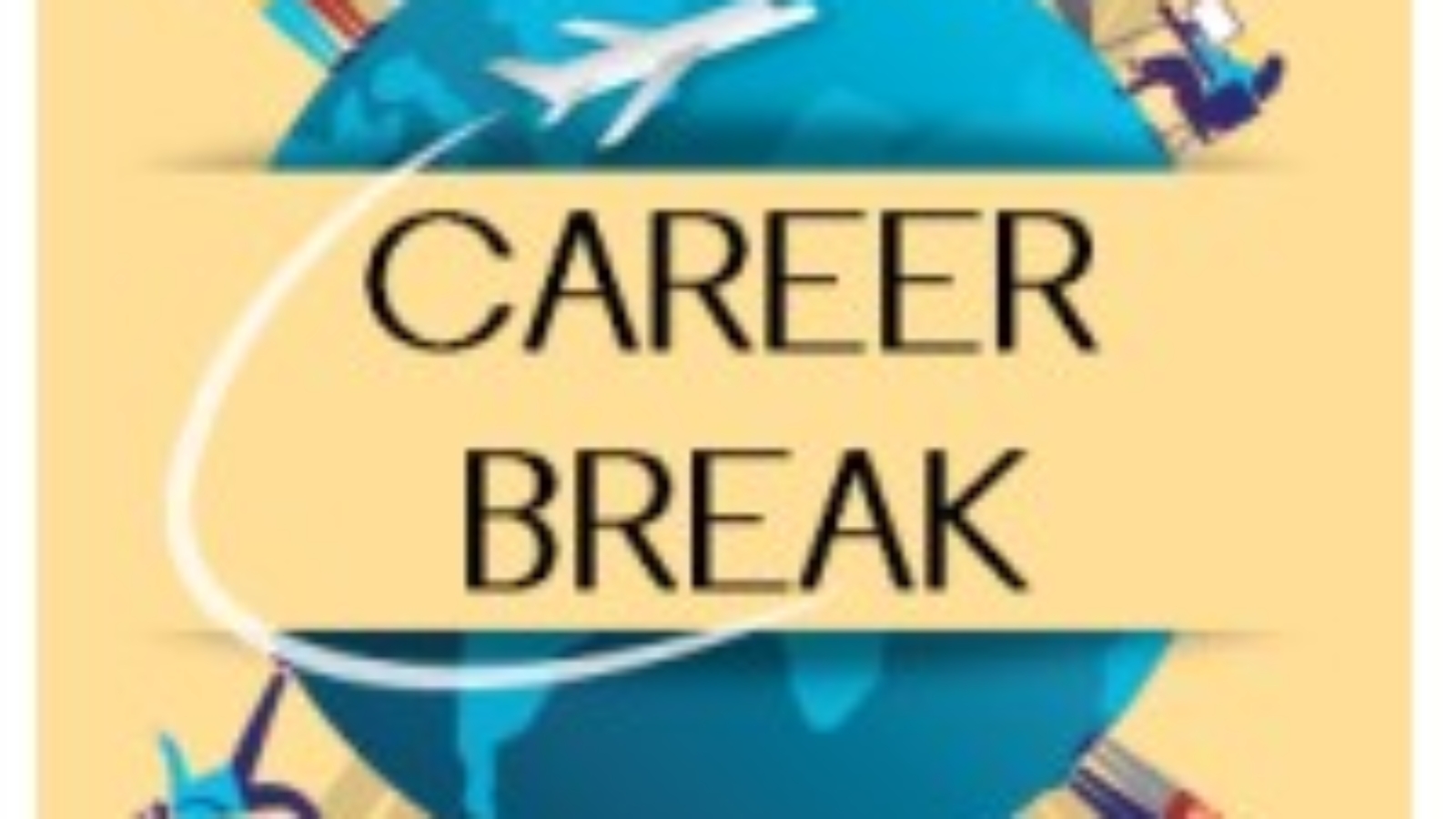Taking a career break can be a significant decision, and planning ahead can help ensure a smooth transition. Here are some steps to consider when planning for a career break:
- Reflect on your goals: Determine the purpose and duration of your career break. Are you looking for personal growth, travel, further education, or to focus on family matters? Clarify your objectives to guide your planning process.
- Financial planning: Assess your financial situation and determine how long you can sustain yourself without a regular income. Calculate your expenses and consider setting aside a contingency fund. Explore options like part-time work, freelancing, or passive income sources to supplement your finances during the break.
- Talk to your employer: If you’re currently employed, have an open and honest conversation with your employer about your intentions. Discuss the possibility of a sabbatical or extended leave and explore any company policies or benefits that may support your decision. Be prepared to outline your plan and address any concerns they might have.
- Research re-entry options: Depending on your industry, it’s essential to stay updated on the latest trends and developments during your career break. Consider attending conferences, taking online courses, or engaging in industry-related activities to stay connected and enhance your knowledge.
- Personal development: Use your career break as an opportunity to invest in personal development. Identify areas you’d like to improve or skills you’d like to acquire. You can take courses, pursue certifications, volunteer, or engage in activities that align with your interests and long-term career goals.
- Maintain your network: Stay connected with colleagues, mentors, and industry contacts during your break. Networking can provide valuable insights, keep you informed about job opportunities, and help maintain professional relationships.
- Plan for re-entry: As your career break comes to an end, prepare for re-entry into the workforce. Update your resume, enhance your online presence (e.g., LinkedIn profile), and consider leveraging your network for potential job openings or recommendations.
- Stay organized: Develop a schedule or routine during your career break to maintain structure and productivity. This will help you maximize your time and make a smooth transition back into your career when the break concludes.
Remember, taking a career break is a personal decision, and everyone’s circumstances are unique. It’s important to consider your individual situation and plan accordingly to ensure a successful career break experience.


Add a Comment